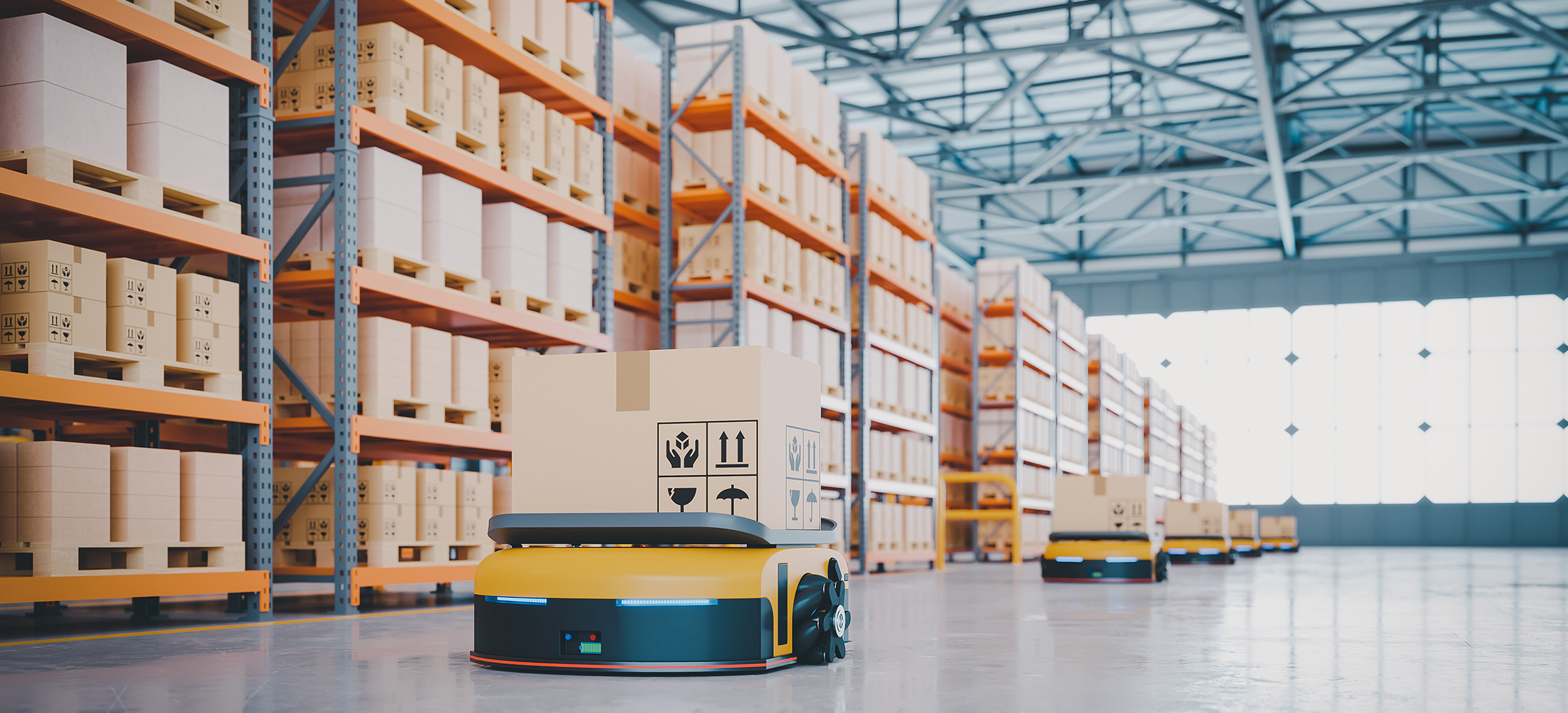The United Kingdom’s departure from the European Union has brought significant changes to shipping regulations. Businesses that trade between the UK and the EU must navigate new customs procedures, regulatory requirements, and logistical challenges. Here’s a comprehensive guide to help you understand and manage post-Brexit shipping regulations.
Customs Declarations and Procedures
Post-Brexit, goods moving between the UK and the EU are subject to customs controls. This means that businesses must complete customs declarations for both imports and exports.
Customs Declarations:
Import Declarations: Goods entering the UK from the EU require an import declaration, which can be submitted via the Customs Handling of Import and Export Freight (CHIEF) system or the Customs Declaration Service (CDS).
Export Declarations: Goods leaving the UK for the EU require an export declaration, typically submitted electronically through the National Export System (NES).
Documentation Requirements:
Commercial Invoice: Details about the goods, including value and terms of sale.
Packing List: Information on the contents, dimensions, and weight of each package.
Bill of Lading (BOL): A legal document between the shipper and carrier detailing the type, quantity, and destination of the goods.
Certificate of Origin: Certifies the country where the goods were manufactured.
EORI Number: Businesses must have an Economic Operator Registration and Identification (EORI) number to trade with the EU.
Rules of Origin
To benefit from tariff-free trade under the Trade and Cooperation Agreement (TCA), goods must meet the agreed rules of origin. This determines the economic nationality of the goods based on where they were produced and where the materials came from.
Key Points:
Proof of Origin: Exporters must provide a statement of origin to claim preferential tariff treatment.
Documentation: The statement can be included on the commercial invoice or any other document identifying the goods.
Tariffs and Duties
While the TCA allows for tariff-free trade for qualifying goods, customs duties may still apply if the goods do not meet the rules of origin requirements.
VAT and Duties:
Import VAT: Charged at the same rate as if the goods were purchased within the UK. Businesses can account for import VAT on their VAT Return using postponed VAT accounting.
Customs Duties: Applicable if goods do not qualify for preferential treatment under the rules of origin.
Sanitary and Phytosanitary (SPS) Measures
Goods such as food, plants, and live animals are subject to strict sanitary and phytosanitary controls to ensure they meet health and safety standards.
Requirements:
Health Certificates: Required for certain goods, issued by the relevant authority in the country of origin.
Inspections: Physical checks may be conducted at border control posts to ensure compliance.
Technical Barriers to Trade (TBT)
Technical regulations, standards, and conformity assessments can pose barriers to trade. Post-Brexit, the UK and EU have separate regulatory regimes.
Conformity Assessment:
UKCA Mark: The UK Conformity Assessed (UKCA) mark replaces the CE mark for goods sold in Great Britain.
Mutual Recognition: Some mutual recognition of conformity assessments exists, but businesses need to ensure compliance with both UK and EU standards where applicable.
Customs Facilitation and Simplified Procedures
To ease the burden of customs procedures, several simplified processes are available.
Simplified Declaration Procedure (SDP):
Pre-Arrival and Pre-Departure: Allows for simplified declarations with less detailed data at the point of entry or exit.
Deferred Declarations: Importers can defer full customs declarations and payment of duties for up to six months.
Trusted Trader Programs:
Authorised Economic Operator (AEO): Provides benefits such as reduced checks and faster customs procedures for accredited businesses.
Northern Ireland Protocol
Special arrangements apply to Northern Ireland to avoid a hard border with the Republic of Ireland.
Key Aspects:
Customs Checks: Goods moving from Great Britain to Northern Ireland are subject to EU customs rules and may require declarations and checks.
Trade Continuity: Northern Ireland remains aligned with certain EU regulations to facilitate seamless trade with the Republic of Ireland.
Transport and Logistics
Logistics and transportation routes have been affected by Brexit, requiring businesses to adapt.
Key Considerations:
Route Planning: Careful planning to account for potential delays at ports and customs checks.
Carrier Contracts: Reviewing and possibly renegotiating contracts with carriers and logistics providers to reflect new regulatory requirements.
Trade Agreements and International Trade
Beyond the EU, the UK is negotiating and signing new trade agreements with countries worldwide.
Opportunities:
Global Trade: Exploring new markets and taking advantage of trade agreements can offset some of the challenges posed by Brexit.
Diversification: Reducing dependency on EU trade by diversifying into other international markets.
Navigating post-Brexit shipping regulations requires a thorough understanding of the new customs procedures, regulatory requirements, and logistical challenges. By staying informed, leveraging simplified procedures, and exploring new trade opportunities, businesses can adapt to the post-Brexit landscape and continue to thrive in international trade.
If you would like to discuss this further please contact us to arrange a consultation with one of our experts.









